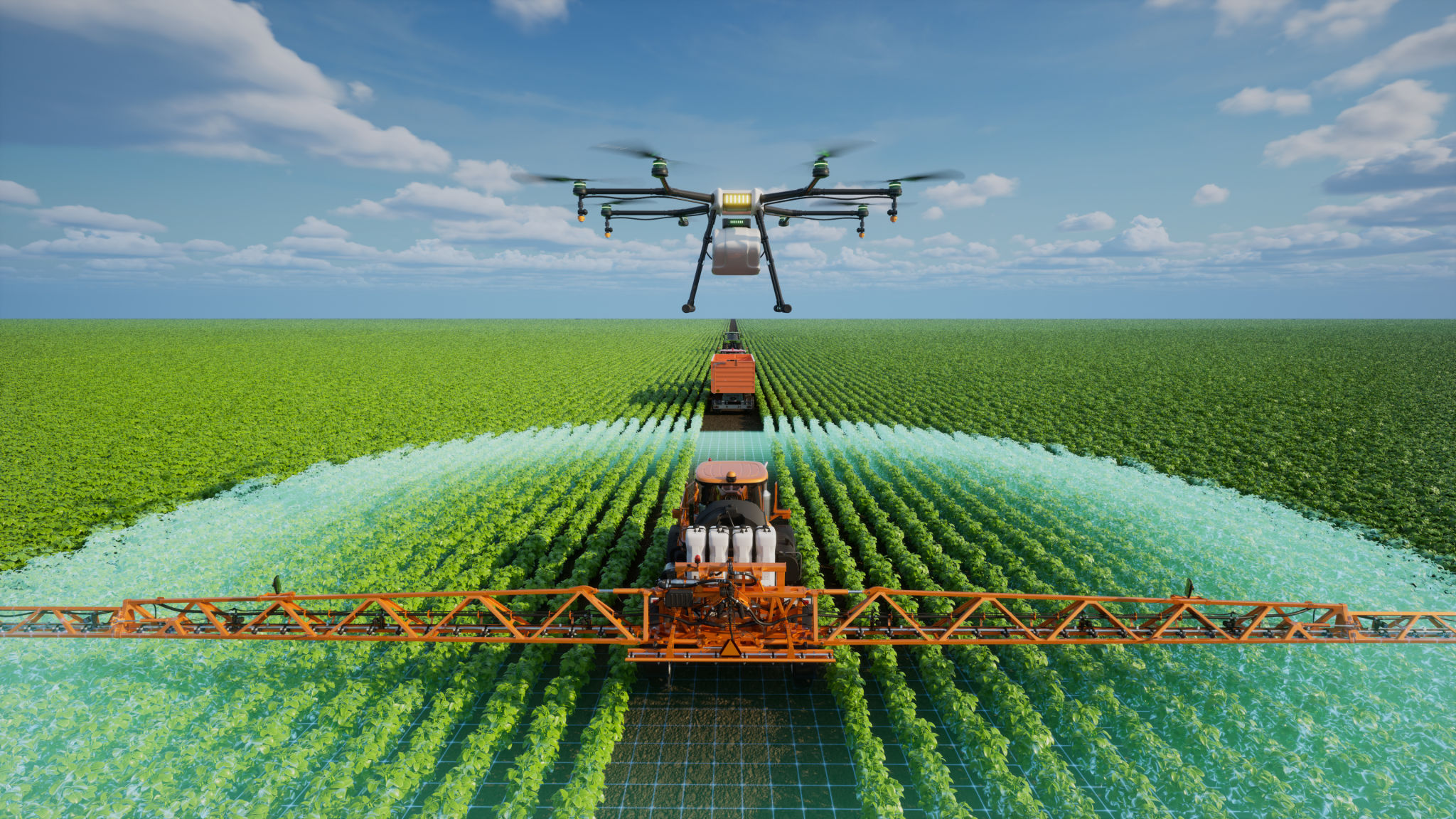The Future of Biotechnology: Trends to Watch
Introduction to Biotechnology's Evolving Landscape
Biotechnology is at the forefront of scientific innovation, driving groundbreaking advancements across various sectors. As we navigate through the 21st century, the field of biotechnology is poised for exponential growth, offering transformative solutions to some of the world's most pressing challenges. This article explores emerging trends in biotechnology that are set to shape the future.
The rapid pace of technological advancement has enabled biotechnologists to explore new frontiers, from healthcare to agriculture and beyond. Understanding these trends is crucial for stakeholders looking to harness the potential of biotechnology to drive innovation and create value.

Personalized Medicine and Genomics
One of the most exciting trends in biotechnology is the rise of personalized medicine, which tailors medical treatment to individual genetic profiles. Advances in genomics have made it possible to identify unique genetic markers that can predict disease susceptibility and treatment responses. This approach holds promise for more effective and targeted therapies, reducing adverse effects and improving patient outcomes.
As sequencing technologies become more affordable and accessible, genomic data is becoming an essential component of healthcare decision-making. Companies are investing heavily in developing platforms that integrate genomic information with clinical data to offer personalized solutions for patients.

CRISPR and Gene Editing
The advent of CRISPR-Cas9 technology has revolutionized gene editing, offering precision tools for modifying DNA sequences. This technology is being applied in diverse fields, from agriculture to medicine, with the potential to eradicate genetic disorders and enhance crop resilience. The ongoing research into CRISPR's capabilities continues to expand its applications, promising a new era of genetic innovation.
Biotechnology in Agriculture
Agricultural biotechnology is experiencing significant advancements, aiming to address food security challenges exacerbated by climate change and population growth. Innovations like genetically modified organisms (GMOs) and precision agriculture are improving crop yields and resilience, enabling farmers to produce more with fewer resources.
Biotechnological solutions are also being developed to reduce the environmental impact of farming. For example, biofertilizers and biopesticides offer sustainable alternatives to chemical inputs, promoting healthier ecosystems and reducing pollution.

Environmental and Industrial Biotechnology
Environmental biotechnology is making strides in pollution control and resource management. Bioremediation techniques use microorganisms to clean up contaminated sites, offering eco-friendly solutions to land and water pollution. Additionally, industrial biotechnology is driving the production of biofuels and biodegradable materials, contributing to a more sustainable future.
The Role of Artificial Intelligence in Biotechnology
Artificial intelligence (AI) is playing an increasingly critical role in biotechnology, enhancing research efficiency and effectiveness. AI algorithms are used for drug discovery, analyzing vast datasets to identify potential therapeutic compounds faster than traditional methods. Machine learning models also support predictive analytics in genomics, aiding in disease diagnosis and treatment planning.
The integration of AI in biotechnology promises to accelerate innovation cycles, reduce costs, and improve the accuracy of scientific research, making it a vital component of future biotechnological advancements.

Regulatory Challenges and Ethical Considerations
As biotechnological innovations progress, regulatory frameworks must evolve to ensure safety and ethical standards are upheld. The rapid pace of development often outstrips existing regulations, posing challenges for policymakers. Ethical considerations, particularly concerning gene editing and human cloning, require careful deliberation to balance innovation with societal values.
Stakeholders must engage in transparent discussions about the implications of biotechnological advancements, fostering public trust and acceptance while addressing potential risks.
Conclusion: Embracing a Biotechnological Future
The future of biotechnology holds immense possibilities and challenges. By staying informed about emerging trends, industries can strategically position themselves to leverage biotechnological innovations for sustainable growth and development. As we move forward, collaboration across sectors will be essential in harnessing the full potential of biotechnology to address global challenges and improve quality of life.
